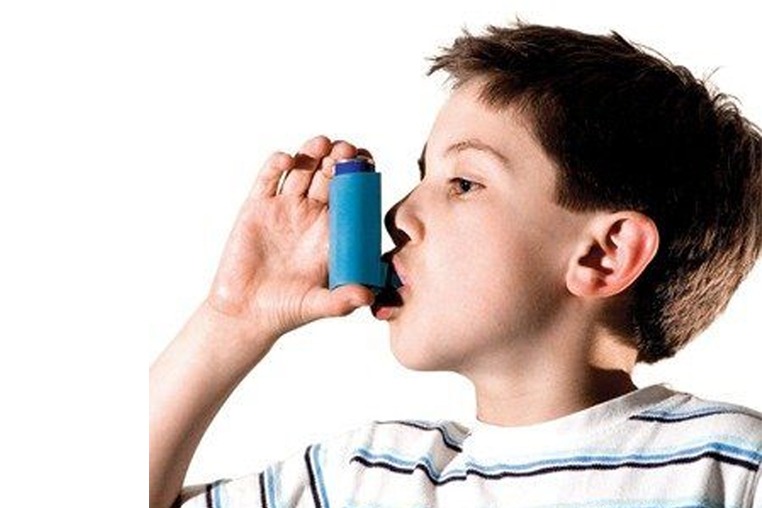First Aid Course in Asthma. Book in a Nationally Recognised Course Today. Excellent Training Provider and RTO.
CALLERS who dialled triple-0 during Victoria’s freak asthma thunderstorm were told an ambulance was on its way when it wasn’t, an inquest has been told.
Thunderstorm asthma inquest begins in Melbourne. First Aid Course in Canberra.
CALLERS who dialled triple-0 during Victoria’s freak asthma thunderstorm in 2016 were told an ambulance was on its way when it wasn’t the case, an inquest has been told.
Seven men and three women aged 18 to 57 died from asthma after the storm hit Melbourne on November 21, 2016.
High pollen, strong winds, hot temperatures, air moisture and a cold front had combined to trigger severe asthma attacks, particularly across Melbourne’s west and northwest.
It sparked an unprecedented surge in emergency calls, and hospitals across Melbourne were inundated with some 1400 patients.
Emergency Services Telecommunications Authority executive manager of operations Michelle Smith told the Coroners Court of Victoria on Tuesday that calls for assistance that evening surged 700 per cent.
While the authority called in extra staff and asked the day workers to stay back, Ms Smith said the unprecedented surge meant the organisation was unable to meet its five-second response-time target.
Ambulance Victoria also ran out of vehicles, she said.
Ms Smith said between 6pm on November 21 and 6am the next day, the authority received its “single greatest volume of calls” ever, with 2332 calls.
At that time, call operators were scripted to tell priority callers “the ambulance is now on its way” at the end of the call, she told the court.
That meant some callers were told an ambulance was on its way, when it wasn’t, Ms Smith admitted. However, since the storm, a new surge script had been developed where call operators now told priority callers “help is being arranged” she said.
Under the new surge script, which could be authorised in certain events by Ambulance Victoria, callers would be told of the extremely high demand for ambulances and to consider arranging their own transport.
But Coroner Paresa Spanos expressed doubt the new script would be of much benefit to people in “desperate” circumstances who were calling triple-0 as they believed it was the fastest option to get help.
Ms Smith said on the night of the storm, the authority had received an alert about the weather conditions, but no warning about air quality or the risk of thunderstorm asthma.
The authority now monitored pollen levels and was part of an upgraded, statewide critical response plan, the court was told.
Ambulance Victoria executive director of emergency operations Michael Stephenson said before November 2016, he’d never heard the term thunderstorm asthma or heard anyone at his organisation use it, describing the night as “extraordinary” and “very confronting”.
The inquest continues on Wednesday.
Book in a first aid course with you local provider at www.canberrafirstaid.com

